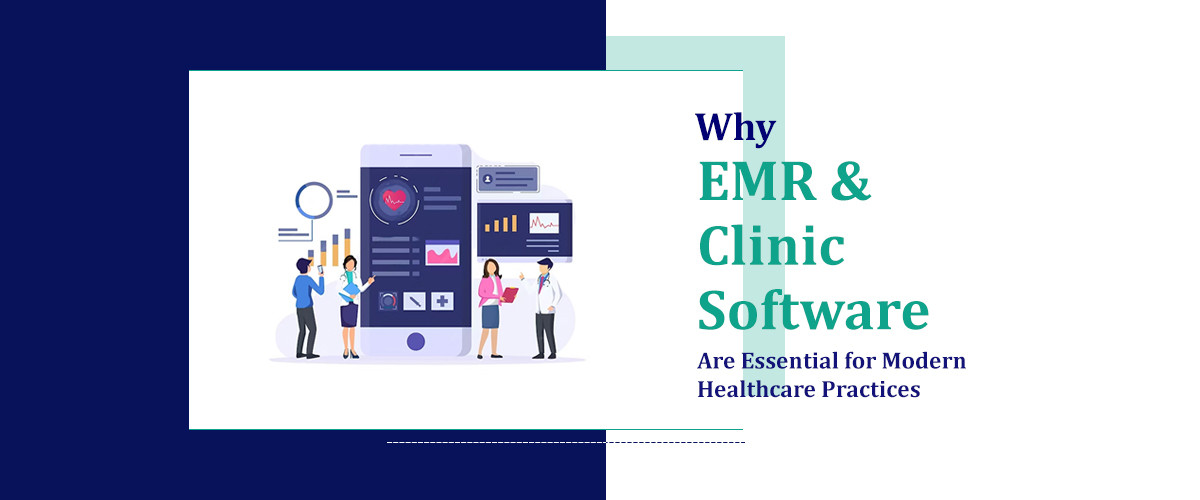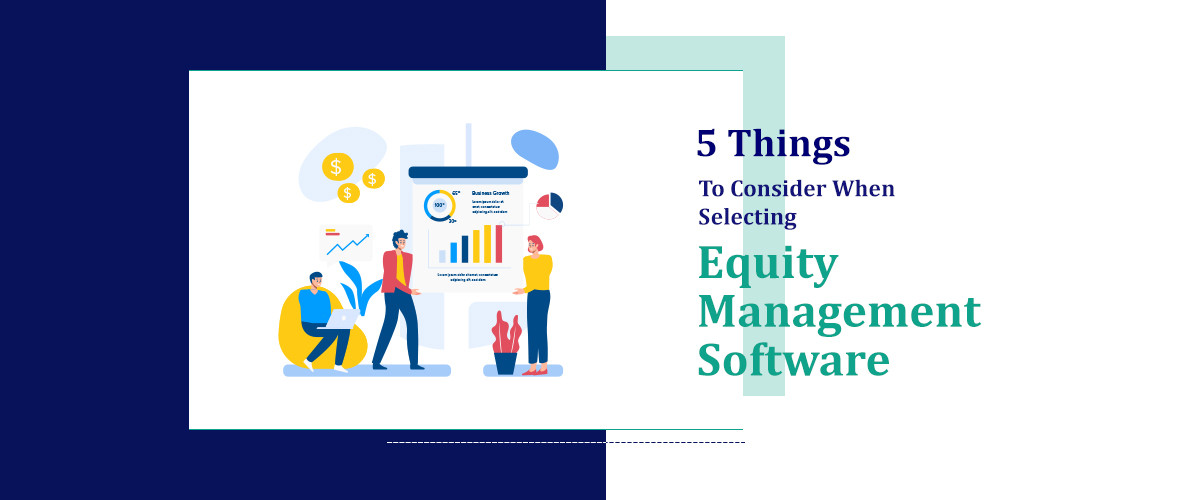What we'll cover
Your time is extremely important as an entrepreneur, and running your company profitably is a must. The foundation of contemporary businesses is Business management software, which provides an integrated approach to managing everything from everyday operations to strategic planning. How can you pick the ideal alternative from the plethora of possibilities available for your particular company needs? Ten pointers to help you with the selecting process are provided below.
Introduction
In the realm of entrepreneurship, the correct company management software acts as your virtual right-hand man; it controls your cash, personnel resources, client interactions, projects, Appointment scheduling software , and more. Choosing software that isn't compatible with your business's requirements might result in lost time and resource waste. Making an informed choice is therefore essential to the .
Why Business Management Software?
Business process integration, repetitive activity automation, and operational simplification all depend on business management software. With the use of this technology, businesses may decrease human error, manage resources more effectively, and obtain valuable insights via data analytics. By utilising these technologies, companies can concentrate on strategy and growth, fostering innovation and preserving a competitive advantage in the ever-changing market environment.
Over time, business management software has changed dramatically. From straightforward programmes that catered to accounting and inventory control to all-encompassing programmes that address a company's needs, business management software has come a long way. There are many different kinds of business management software on the market today, suitable for a range of sectors and company sizes.
Enterprise Resource Planning (ERP) solutions are one kind of company management software. These are all-inclusive systems that include several company operations, including supply chain management, customer relationship management, finance, and human resources. ERP systems provide real-time data analysis and reporting by giving access to a centralised database including all corporate data.
Importance of Business Management Software
Businesses competing in the competitive US market now consider the use of company management software to be a vital competitive advantage. These advanced platforms enable firms to optimise workflows, lower human error rates, and make data-driven choices by streamlining a variety of administrative and operational operations. Organizations are thus more equipped to manage their resources, seize new chances, and improve customer satisfaction—all of which help them maintain their position in a market that is changing quickly.
As more and more companies become aware of the potential advantages of Business plan software, the market for this type of software has expanded dramatically in recent years. These platforms are now more affordable and easier to use, making them available to small and medium-sized businesses, thanks to the development of cloud-based technology.Furthermore, the rise of white label software development has enabled businesses to customize these platforms according to their unique needs, enhancing their appeal by offering tailored solutions without the high cost of custom software development.
The capacity of company management software to centralise data is one of its main benefits. Businesses may get rid of data silos and see their operations holistically by combining different operations and procedures into a single platform. This enhances productivity and makes it possible to do more accurate forecasting and analysis.
Business management software also has strong reporting features that give users insightful information about all facets of their company's success. Businesses may pinpoint areas for development and make data-driven decisions to propel growth and profitability by creating real-time reports.
Consider, for instance, management software for a brewery like the one by Ollie. It could yield detailed reports about production volumes, sales trends, and cost margins, allowing you to optimize your brewing process and increase profitability.
Furthermore, these software platforms frequently include sophisticated security safeguards that protect confidential information and guarantee legal compliance. With the surge in data breaches and cybercrime, these characteristics are essential for companies trying to preserve their brand and win over customers' confidence.
Tip 1: Define Your Needs and Goals
Take a close look at yourself before entering the software business. Establish clear goals for your company's success and the features that are necessary to get there. Whatever your needs project management, sales forecasting, inventory monitoring, or better customer service knowing what you want to achieve can help you identify the kind of software you need.
Tip 2: Scalability and Flexibility
Consider the broad picture. Your business is dynamic, and your software should adapt to keep up with the changes. Make sure the software you select can expand with your company in addition to fulfilling your present demands. This entails being able to manage heavier loads, implement new company procedures, and adjust to shifting market conditions.
Tip 3: User-Friendliness and Ease of Implementation
A tool is only as useful as the person using it. Choose software that won't need a large learning curve for you and your team to embrace thanks to its user-friendly design. Your staff will be able to resume full production after the move more quickly if the software is simple to use and apply.
Tip 4: Integration Capabilities
The ability to effortlessly connect different systems and technologies is essential in an era when data is king. Examine how well the company management software integrates with the other tools you use for productivity, such as email clients, CRMs, financial software, and other applications. Efficiency is increased and data silos are avoided in a well-integrated environment.
Tip 5: Comprehensive Feature Set
Avoid being tempted by extra bells and whistles you don't need by avoiding flashy feature syndrome. Pay attention to the elements that might improve your operations and are in line with your main activities. Inventory control, time monitoring, reporting tools, and sales automation are a few examples of this.
Tip 6: Security and Compliance
Your company's data is important and delicate. Make sure the software you choose conforms to industry-specific rules and specifications. In order to protect your data from online risks, it should also have strong security measures.
Tip 7: Support and Training Resources
A timely support system can save your life when things go wrong with technology. A vendor that provides thorough training and assistance guarantees that any problems you run into may be fixed fast, saving you aggravation and delay.
Tip 8: Vendor Reputation and Reliability
The track record of a software company can give insight into the dependability and durability of their product. Investigate the product; read reviews, get references, and, if you can, try the programme. In addition to having a track record of excellent customer service and updates, the vendor should be solvent.
Tip 9: Cost and Return on Investment
Analyse the software's price in relation to the benefits it offers your company, just like you would with any investment. Consider the entire cost of ownership, which takes into account implementation, customisation, training, and ongoing maintenance, in addition to the asking price.
Tip 10: Testimonials and Case Studies
Finally, look for case studies and testimonials from companies that are comparable to yours. They can provide an authentic viewpoint on the software's performance in real-world scenarios and its ability to fulfil expectations.
Benefits To Business Management Software Solutions
Enhanced Efficiency: By automating repetitive operations, staff members can concentrate on strategy and client interaction as managing administrative duties takes less time and effort.
Data-Driven Decisions: By offering insights into corporate performance, real-time analytics and reporting facilitate well-informed decision-making.
Streamlined Processes: Workflow is made simpler and mistake risk is decreased when many departments, including finance, sales, and inventory, are integrated into a single platform.
Enhanced Collaboration: Information is easily shared between departments, strengthening team dynamics and facilitating the alignment of corporate goals.
Scalability: Management software can readily adjust to handle a growing number of transactions and more complicated activities as the firm expands.
Better client Service: Timelier response times and more individualised care are made possible by centralising client data.
Cost reduction: Over time, enforceable consideration reductions can be achieved through the removal of duplicate systems and optimised resource management.
Factors to Consider While Choosing A Business Management Software
It's important to take into account a number of factors when choosing a business management software, including scalability to make sure the programme can expand with your company, integration capabilities to connect with other tools and systems seamlessly, user-friendliness to encourage adoption and shorten training times, customisation potential to meet specific business processes, and cost-effectiveness, which strikes a balance between features offered and total cost of ownership. Strong security features and technical support are also essential for protecting data and offering help when required.
-
Cloud-based vs. On-premise: As cloud computing has grown in popularity, companies now have the choice of using either on-premises or cloud-based business management software. An on-premise solution gives you more control over data protection and flexibility compared to a cloud-based option.
-
Mobile Compatibility: Having management software that is accessible from anywhere at any time is essential in the hectic corporate world of today. For remote teams and employees, it is crucial to verify whether the programme includes a mobile app or is compatible with mobile devices.
-
Scalability: Apart from scalability mentioned earlier, it is also crucial to consider the software's ability to scale in terms of features and modules. As your business grows, you may need additional functionalities and departments to be integrated into the software.
-
Reporting and Analytics: In order to understand their operations, pinpoint opportunities for development, and make data-driven choices, organisations are finding that having strong reporting and analytics skills is essential. As a result, choosing software with strong analytics and reporting capabilities might provide your company a competitive advantage.
-
Industry-specific Solutions: Depending on the nature of your company, there can be software solutions tailored to your industry's particular requirements and procedures. These solutions suit better than generic management software since they are usually customised with features and modules that solve certain requirements.
Conclusion
Choosing the right business management software is a significant decision that sets the operational tone of your company. , Business Management Software presented as SaaS (Software as a Service) is a transformative agent in the US market, offering unparalleled adaptability and efficiency for businesses of all sizes. Through the meticulous listing of such software on advisory platforms, companies can make informed decisions, tailoring their operational needs to the right software suites. Such platforms not only streamline the selection process but also empower businesses with the insights necessary to embrace digital transformation, bolster productivity, and maintain a competitive edge in the rapidly evolving business landscape.




